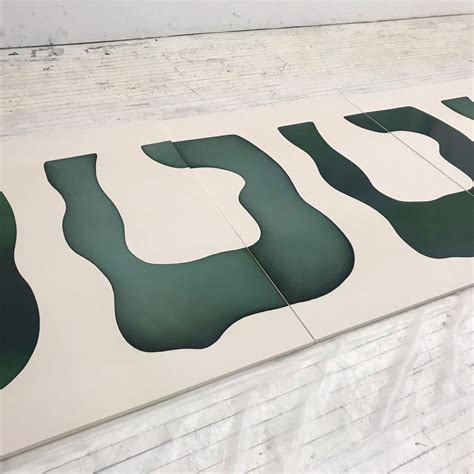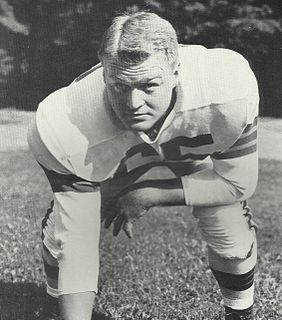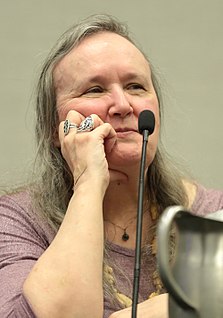A Quote by Tara Brach
Allowing another to be as they are is more what I think of as "space." The space to express yourself and know that you're going to be accepted. That's more where I go than with the actual physical logistics of how much time you have together and how much time you have apart.
Related Quotes
Any kind of sequence when you have to express physical space and time can be difficult to story-tell because, if you're sitting there watching it like it's a play or something, your mind can track what's going on, or if you're watching an actual fight you can kind of track what's going on, but as soon as you have to start telling the story and tracking for the audience, it becomes much more complicated.
The frontier in space, embodied in the space colony, is one in which the interactions between humans and their environment is so much more sensitive and interactive and less tolerant of irresponsibility than it is on the whole surface of the Earth. We are going to learn how to relate to the Earth and our own natural environment here by looking seriously at space colony ecologies.
On one level, I'm interested in how the space dictates the effect visually - how the composition of a given work changes depending on the nature of each wall. But I'm also trying to emphasize less tangible elements: the amount of time it takes to walk the gallery's perimeter; how one's physical distance affects his or her sense of the overall composition; how the size of the space creates a sense of visual rhythm. It's really a matter of seeing how much structure is necessary to impose for those things to become apparent.
How little we know of what there is to know. I wish that I were going to live a long time instead of going to die today because I have learned much about life in these four days; more, I think than in all other time. I'd like to be an old man to really know. I wonder if you keep on learning or if there is only a certain amount each man can understand. I thought I knew so many things that I know nothing of. I wish there was more time.
And along with indifference to space, there was an even more complete indifference to time. "There seems to be plenty of it", was all I would answer when the investigator asked me to say what I felt about time. Plenty of it, but exactly how much was entirely irrelevant. I could, of course, have looked at my watch but my watch I knew was in another universe. My actual experience had been, was still, of an indefinite duration. Or alternatively, of a perpetual present made up of one continually changing apocalypse.
I can't do anything about how people who are all but completely unaware of my actual motivations and my actual thought process and my actual worldview, how they characterize me. There's not much I can do about it, except never say another word other than 'there's a ground ball to shortstop.' And I don't think that's going to happen.
The way I play, it's very much more a mental game than a physical game. I'm looking for space and where are players leaving space. Defensively, where are we at numerical disadvantages? Do I shift more to the left because they have more players on their right side? It's about reading the game before the game happens.






































